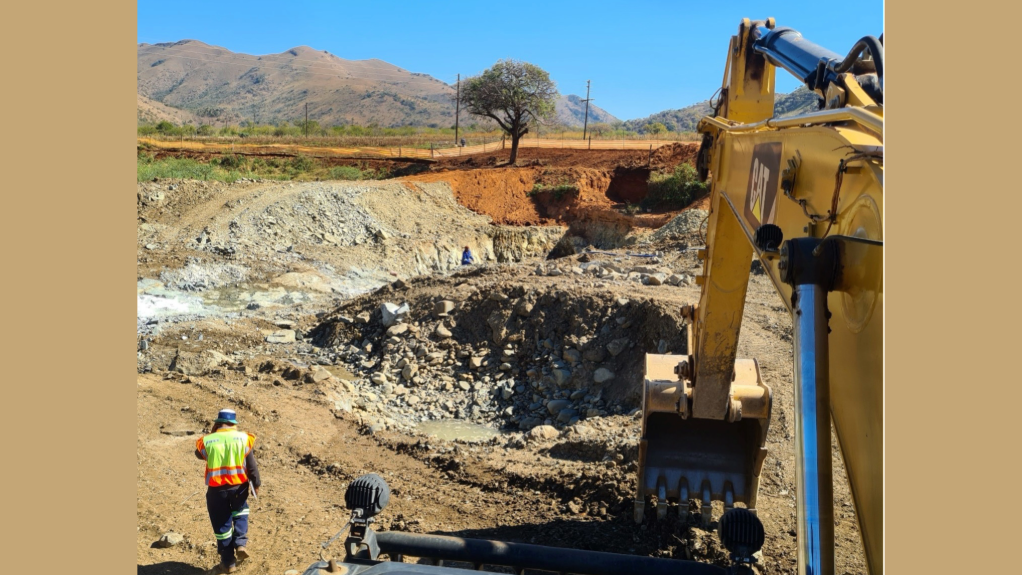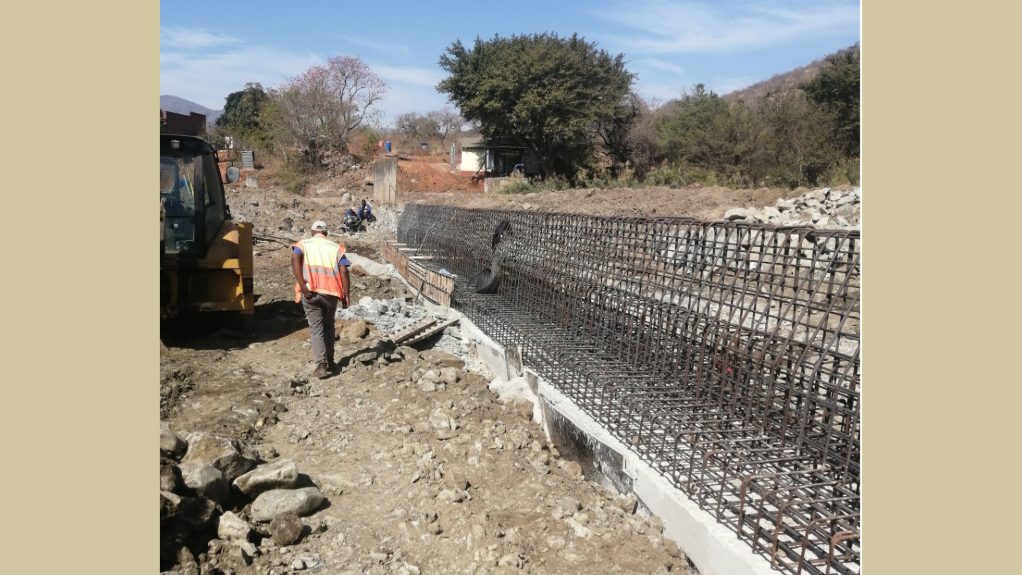The Ekulindeni Water Treatment Works refurbishment project, in the Chief Albert Luthuli local municipality, in Mpumalanga, will be completed by November 30 and will provide residents with access to clean drinking water, in line with South Africa’s long-term water security goals.
The refurbishment project, undertaken by engineering consulting firm Lubisi Consulting Engineers and funded by the Department of Water and Sanitation, will be successfully operationalised, despite the potential challenges posed by “certain influential groups” in the construction sector, says Lubisi Consulting MD Chalmers Pagiwa.
“The stakeholder management process was good, and the project had a local employment imperative to ensure that some of the locals could derive some economic benefits,” he explains, adding that efficient stakeholder management and security were necessary to deter interference by opportunistic elements that may have hindered the project development and delayed project completion.
The project necessitated the installation of a new chlorine and polymer dosing system for improved water quality, new submersible pumps – to reduce vandalism associated with the surface-based pumps – and the refurbishment of the filters, flocculation channels and clarifiers to upgrade the equipment of the water treatment works.
The company also completed the construction of a weir crossing for the Komati river, despite the safety hazards and challenges relating to flood diversion.
While the core focus of the project was to provide residents with clean drinking water, the project also created numerous jobs and training opportunities for local residents, and various community engagements were conducted by the project steering committee, informing residents of what the refurbishment project would entail.
“The contractor took several youths and locals for training in different trades, and some were used on the project. Others could use the training to pursue other opportunities and for their own career development,” says Pagiwa.
The project, once completed, will also be beneficial for surrounding industrial businesses, which require a steady supply of water for various operational processes.
Pagiwa adds that, given the increasing population in various South African communities, the maintenance and refurbishment of infrastructure is of utmost importance to ensure basic needs, such as access to clean drinking water, are met in future.
“The main thing is that capital expenditure has not been directed towards operation, repairs and maintenance, which has been neglected in pursuit of new infrastructure development. There’s an opportunity there for engineers to play a major role in assisting the public sector to ensure that this kind of work is done,” he concludes.
Edited by: Nadine James
Features Deputy Editor
EMAIL THIS ARTICLE SAVE THIS ARTICLE
ARTICLE ENQUIRY
To subscribe email subscriptions@creamermedia.co.za or click here
To advertise email advertising@creamermedia.co.za or click here















